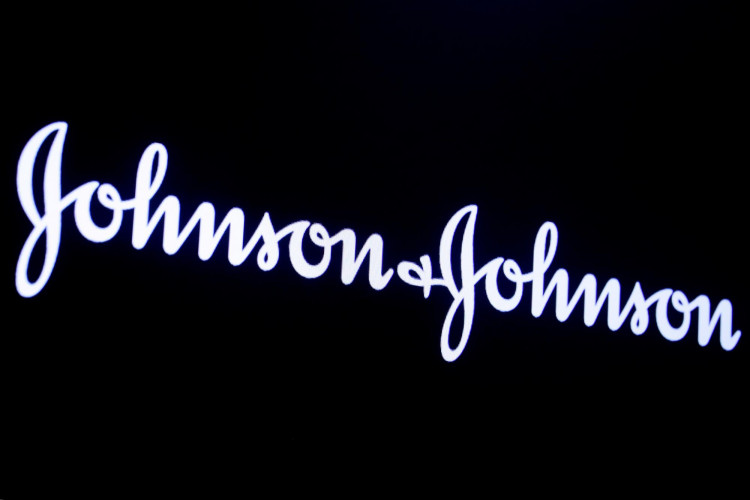Rather than producing its own drug candidate to fight COVID-19 with mRNA – the latest breakthrough that competitors Pfizer and Moderna have turned to – Johnson & Johnson opted for an older treatment technique that had proven to be safe in viruses like HIV and Ebola. Now, the group is reporting that one shot of the vaccine protected monkeys in a pre-clinical trial.
Five of the six monkeys exposed to the virus showed immunity after one injection. The exception showed low levels of the pathogen, a study published in the medical journal Nature said. Scientists analyzed a total of 52 macaques and seven different drug prototypes. Johnson & Johnson launched its human tests on July 22 in Belgium and in the U.S. earlier this week.
Johnson & Johnson's potential coronavirus drug is the second vaccine prospect to show impressive results in primates this week. The group recently started a clinical study in the U.S. and Europe to test its treatment in people. The clinical trial is one of over 30 human tests for COVID-19 vaccines currently being developed in different parts of the globe. But until these tests are complete, which is expected to take many months, the primate data provides the best clues to whether the vaccines will work.
Dr. Paul Stoffels, Johnson & Johnson's chief scientific officer, said the study gives them confidence that "we can test a single-shot vaccine in this epidemic and learn whether it has a protective effect in humans," Julie Steenhuysen quoted him as saying in a Reuters telephone interview.
The U.S. government is supporting Johnson & Johnson's COVID-19 vaccine program with $456 million in investment as part of a spending campaign aimed at accelerating the development and manufacture of a drug to contain the pandemic, which has sickened millions and claimed the lives of over 660,000 people around the globe.
Johnson & Johnson disclosed it would also hold a parallel test to its one-dose human trials with one that will put more emphasis on double-doses, and reiterated its objective of making and rolling out over 1 billion doses of the drug – should it be approved by health regulators – through the course of 2021.
According to Dr. Dan Barouch, study co-author and virologist at the Beth Israel Deaconess Medical Center in Boston, "it is a very reassuring level of protection we saw," referring to Johnson & Johnson's primate trials, as quoted by Carl Zimmer in his New York Times report.





